陈雨露:人民银行将持续支持绿色金融发展
Economists say cooperation can stoke growth; shared tech progress foreseen
Deepening economic cooperation with China may help reinforce many emerging economies' foundation for economic growth that has been shaken by the COVID-19 pandemic, leading economists said on Nov.8.
Issues like pandemic-related uncertainties, rising debt, stagflation concerns and impeded globalization have all combined to darken the growth prospects of emerging markets. Therefore, economic relations with China, whose growth is driving the global economy, could help them, they said.
In a report in October, the International Monetary Fund said aggregate output of emerging markets and developing economies (excluding China) is expected to remain 5.5 percent below the pre-pandemic forecast in 2024.
Liu Qing, vice-dean of the Renmin University of China's National Academy of Development and Strategy, said it is critical for emerging markets to accomplish two tasks to reinforce their foundation for development: reposition themselves in the changing landscape of globalization and promote technological advances.
"Strengthening economic cooperation with China can serve as a boon for both of the courses," said Liu, who is also a member of the China Macroeconomy Forum.
The external resources that many emerging markets rely on may become less accessible amid rising impediments to globalization as the vulnerability of lengthy supply chains and other risks associated with globalization have come under the spotlight since the pandemic broke out, Liu said.
But broadening access to opportunities in China has provided a way out for many emerging markets, especially members of the Association of Southeast Asian Nations, as they can leverage their geographical proximity to China and the country's opening-up agenda to gain an edge in the reshaped globalization landscape, Liu said.
"China's vast domestic consumer market, its pivotal role in global supply chains and unswerving advocacy of opening-up offer other emerging markets a key export destination in the harsher environment of globalization," he said.
There has been a lot of progress in this regard. President Xi Jinping reiterated China's resolve to open its doors wider and its determination to share development opportunities with the rest of the world in a video address to the opening ceremony of the fourth China International Import Expo on Nov.11.
The ongoing fourth CIIE has attracted the participation of nearly 3,000 enterprise exhibitors from 127 countries and regions.
Lucas Li, business development director of the China market at Trung Nguyen Legend Group, one of the exhibitors and a major coffee brand in Vietnam, said the CIIE has provided an important platform for consumers in and outside China to know more about its products.
Having acquired millions of Chinese consumers and being sanguine about China's coffee market prospects, Li said the company will develop more products like freeze-dried coffee and set up its first offline coffee flagship store in Shanghai next year.
Experts said there is also great room for China and other emerging markets to strengthen cooperation for common progress in technological advances, with regard to digital economy and green technology.
Tommy Wu, lead economist at British think tank Oxford Economics, said it is of great significance for emerging markets to strengthen industrial technology to move up the value chain and raise wages.
Liu from Renmin University of China said there is huge potential for China and other emerging markets to pursue a shared development of digital economy, harmonize their technology regulations, and facilitate tech firms to operate across borders so as to access larger market space.
"Ultimately, emerging markets must rely on internal impetus to grow, which necessitates developing their own human capital and boosting technological innovation," said Wang Qian, Asia-Pacific chief economist at the US-based Vanguard Investment Strategy Group.











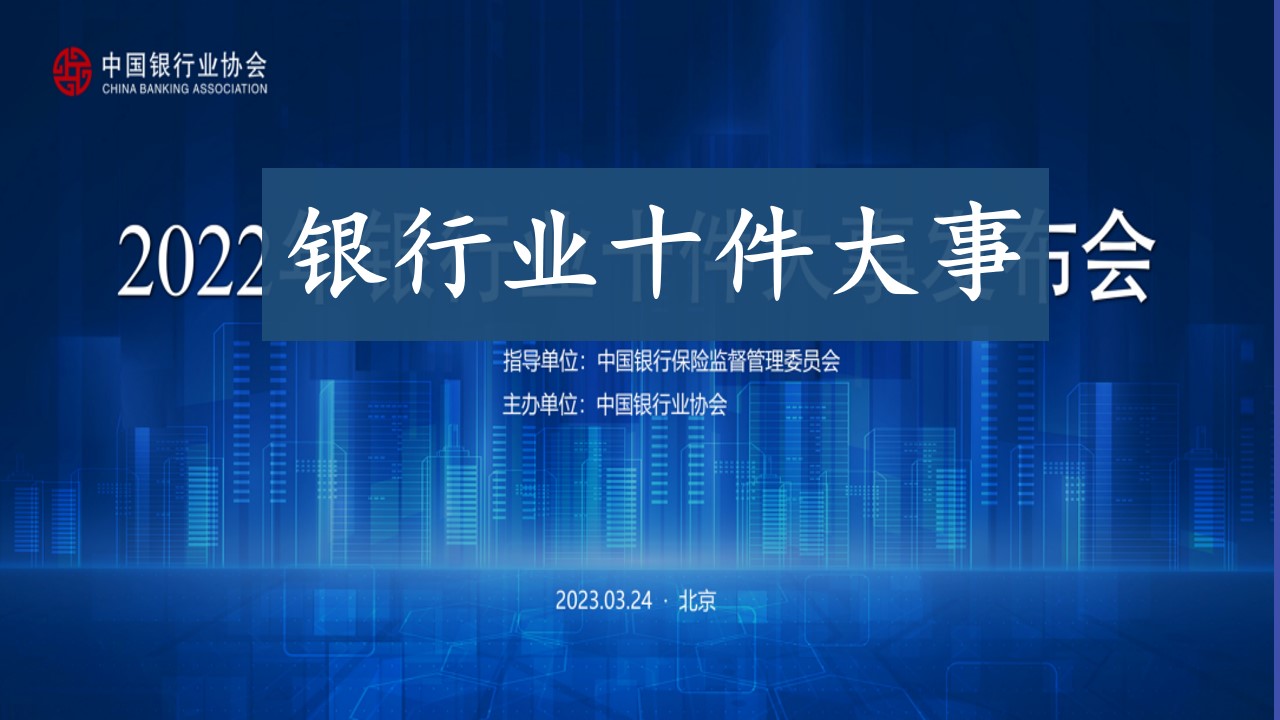

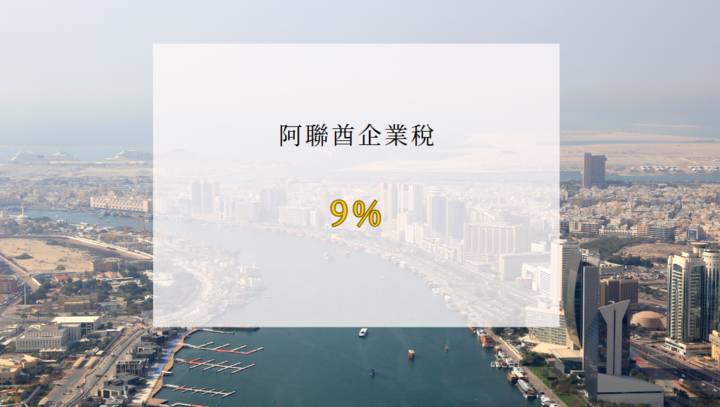




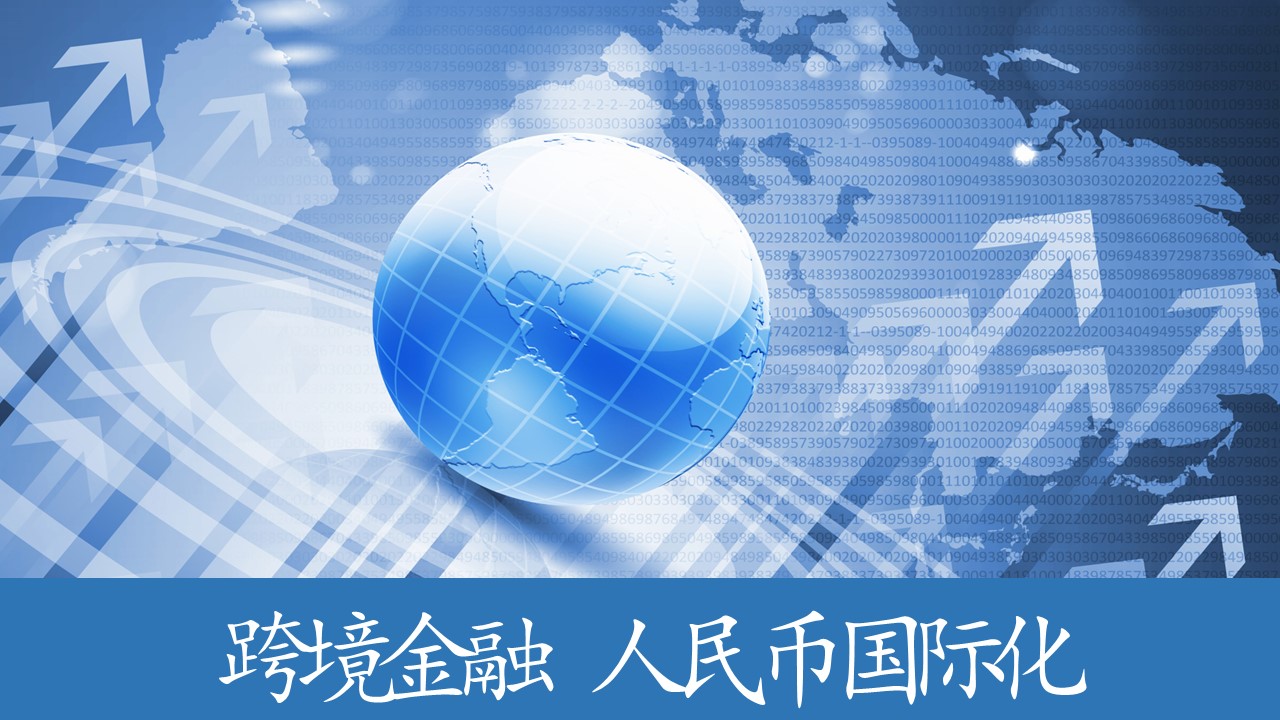




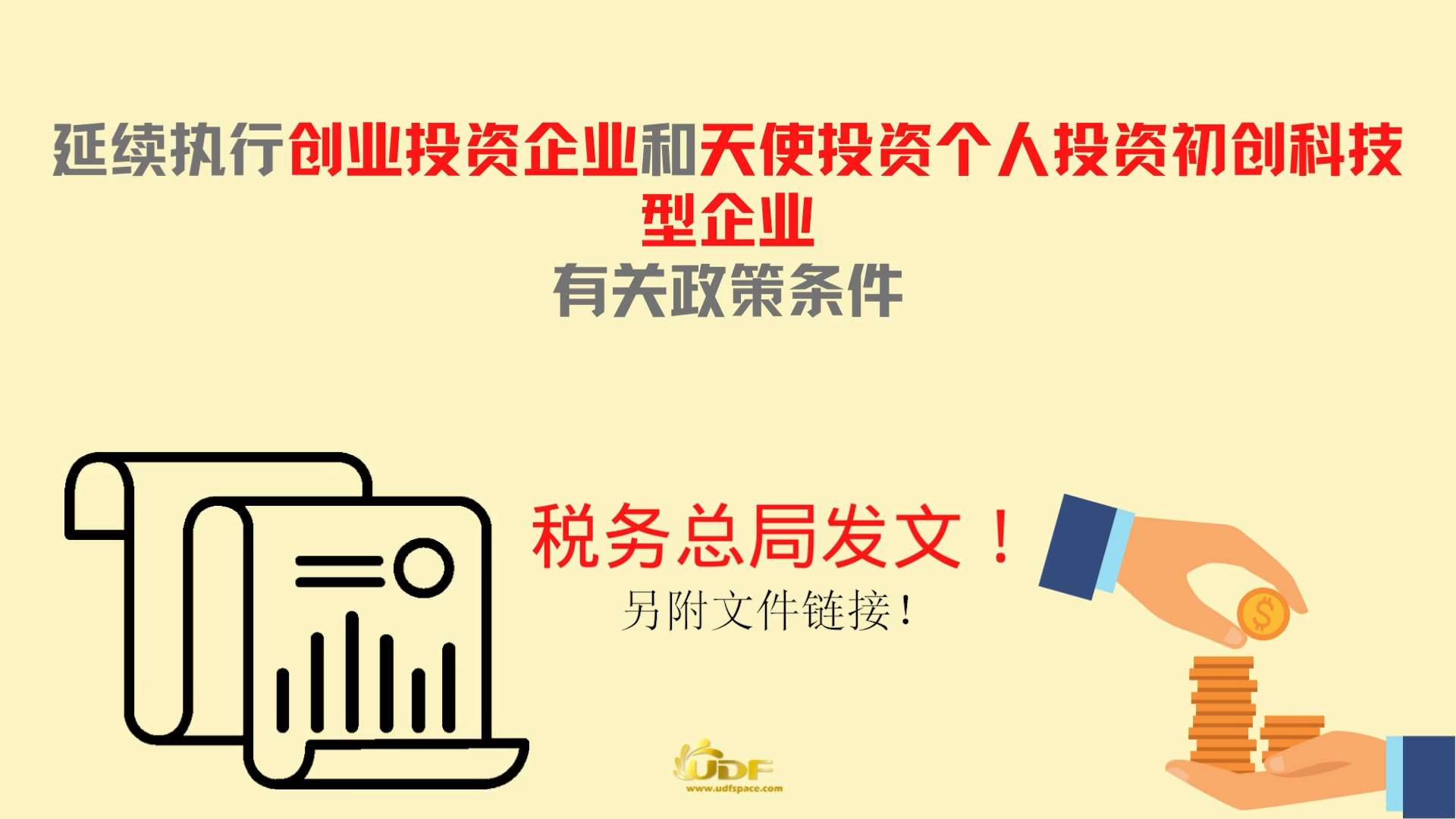
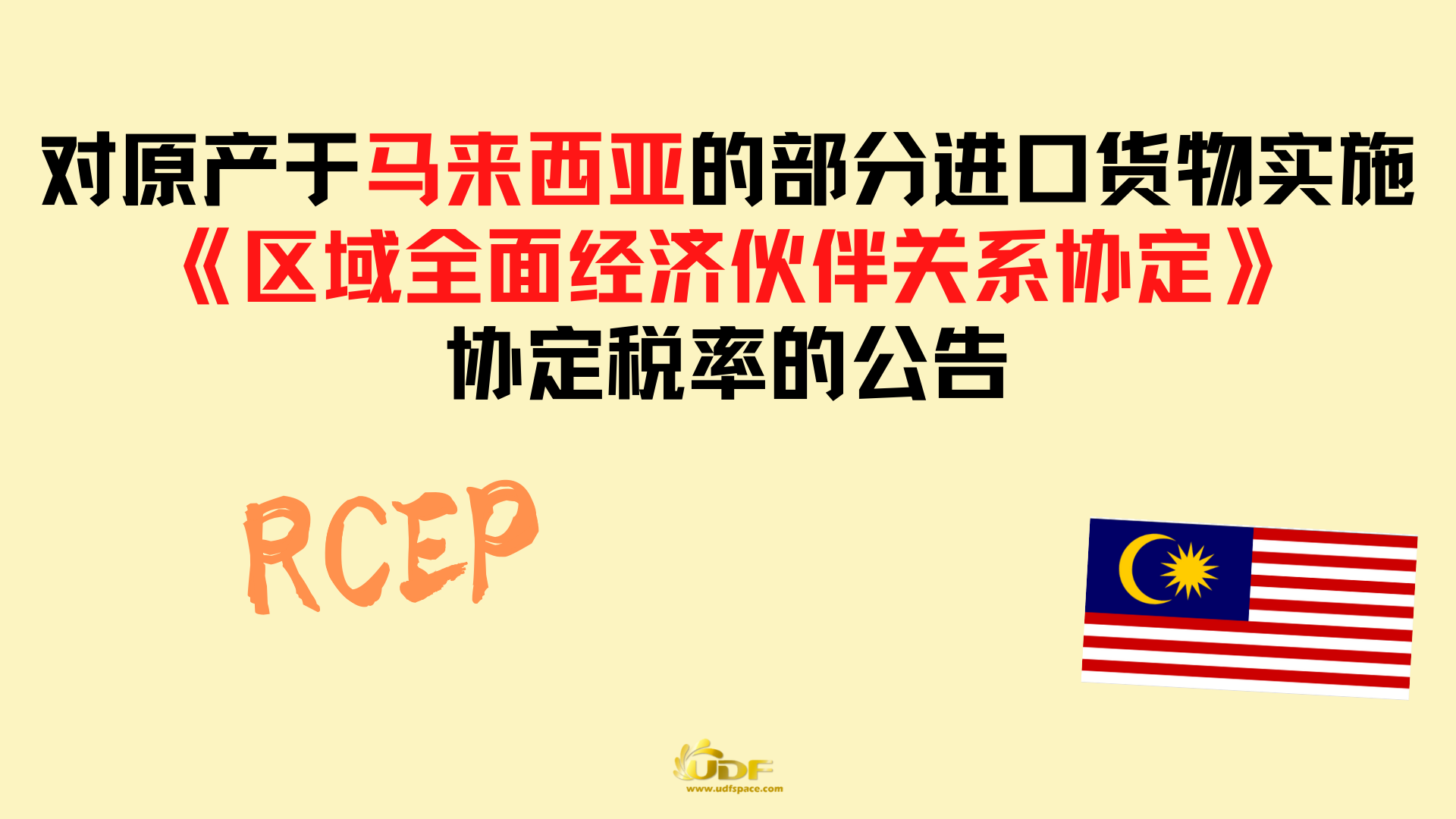













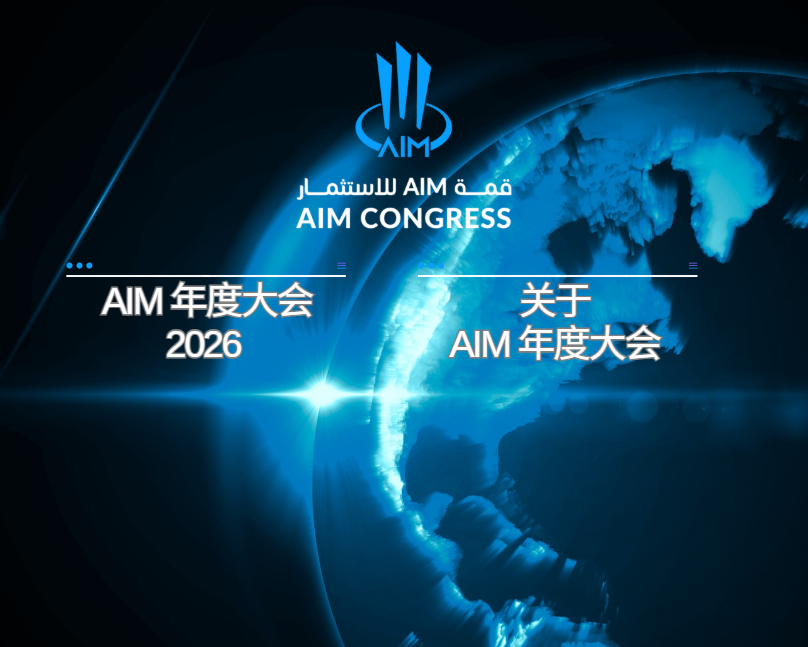




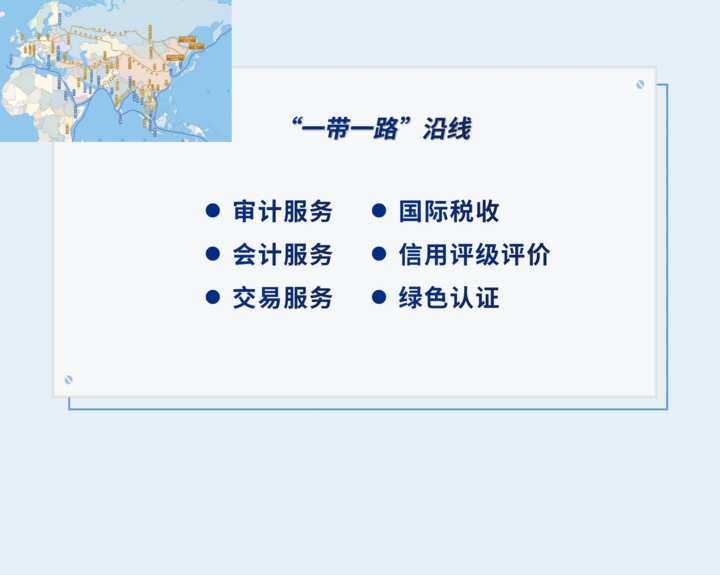
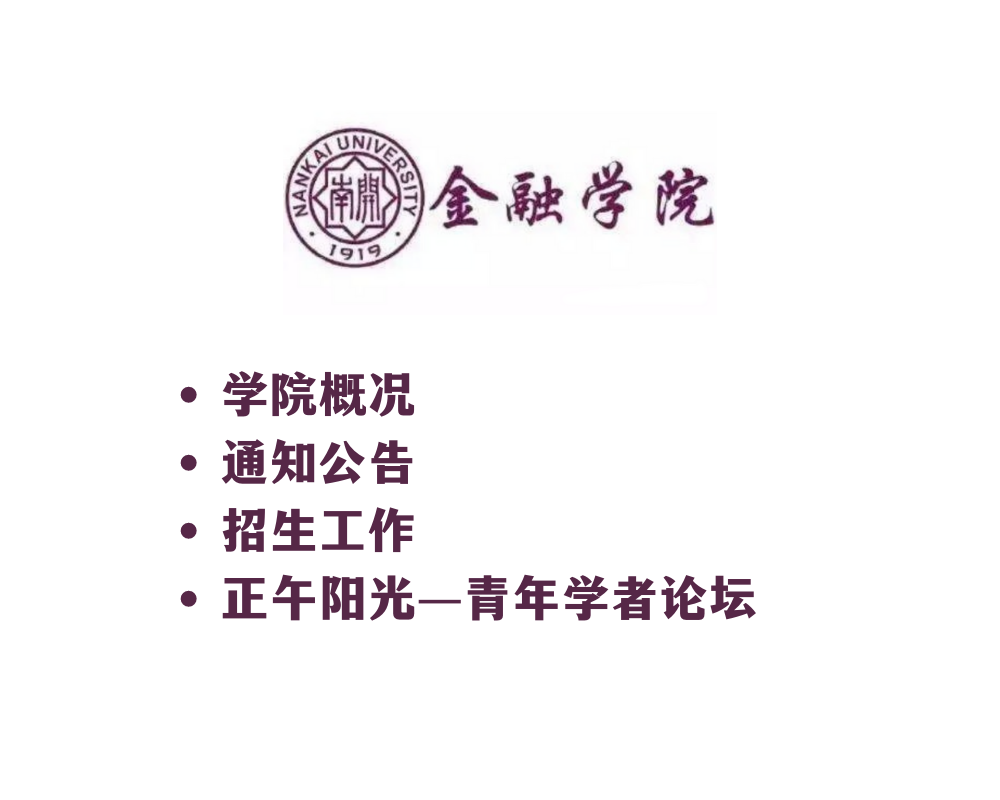
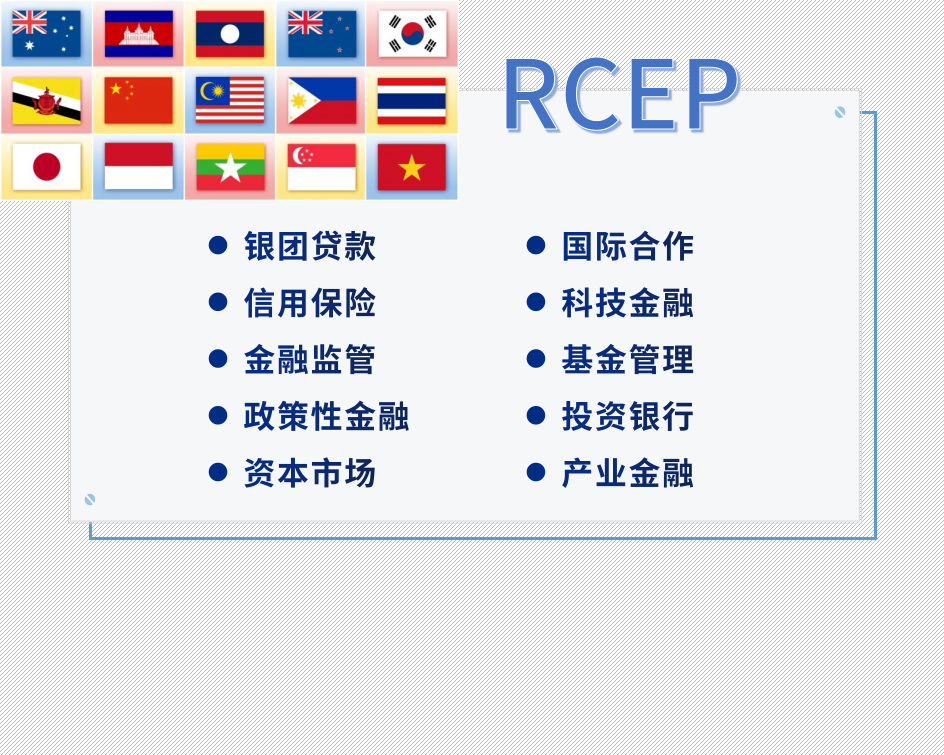












请先 登录后发表评论 ~